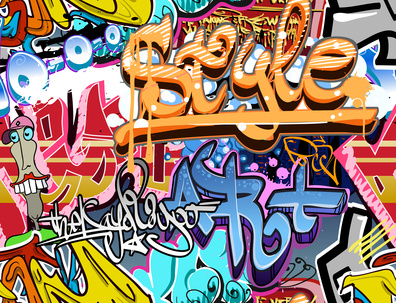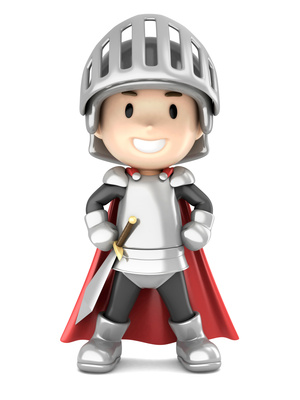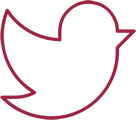
about me handwritten on blackboard
Personal branding has never been more relevant. In order to get recognized, you need to catch the eye. That much has always been true – but in the past, it wasn’t always as simple. Gone are the days when journalists took the bulk of decisions on who and what should be in the news, and how it should be reported.
Thanks to digitalization, everyone has the ability to market themselves through various channels. This applies for stars and celebrities as much as for politicians, executives, freelancers and anybody else whose expert knowledge means they have something to say. However, this doesn’t mean that classic media can be neglected. For personal branding, the mix is key – as well as the right strategy, of course.

(c) fotolia
A few weeks ago, a woman looking for a PR agency gave me a call. She was so impressed by our website that she grabbed the phone immediately. She indicated that she worked in an extremely specialized industry and that she needed immediate help with PR, in positioning both herself and her company.
She told me that her current agency had left her out to dry, completely alone with her projects. I didn’t even have to ask her why she got rid of them. She shot the reasons out like a pistol, intent on getting it off her chest! Wow, believe me. All I can say is what happened really doesn’t speak well for the PR industry.

Stories require protagonists and a conflict. However, it is the way in which you tell them that is decisive. Why that’s the case, we will explain here.
Why storytelling works, we already discussed at the beginning of our series. Messages have the greatest impact on humans when they aren’t purely factual but are able to evoke emotions. This will only happen if the story includes characters which the reader or listener can identify with and has an exciting conflict. It’s a famous rule: no conflict – no plot.

Lego Steine © Niels Åge Skovbo, FOKUS
We would like to add a very recent example that fits to our previous blog post about best practices in PR storytelling: In April, all the important German print media reported on LEGO – cover story in Capital, two-page report in the SZ magazine, a story in Stern, Spiegel etc. All articles praise the economic revival of LEGO to becoming the second largest toy manufacturer worldwide under the aegis of its CEO Jørgen Vig Knudstorp. Just as a reminder: in 2004, the Danish company was close to bankruptcy and 1,000 jobs were lost. After the triumphant turnaround, journalists are commending LEGO’s successful market strategy, which is based on the ageless, positive identification and the fun of playing with the plastic bricks.

Naturally, large corporations want to distribute their PR work worldwide. Most of them do this with the help of PR agencies. Medium-sized enterprises are more hesitant in this regard. Perhaps, to them, it seems as if the efforts and costs are too high? Many don’t realise that, aside from the domestic PR work, there are also different international agency models. It is noteworthy to take a closer look at the market and to choose the most appropriate model.

(c) Gouraud Studio
In our previous blog posts, we pointed out what to look out for when telling a story and why it works. Now, we’ve looked for great examples where companies apply their story throughout their entire communication. During our search, we realised that this is not so easy to find.
It’s so great when you do eventually find an example, where a strong, emotional story is told, but the product remains the focus.














